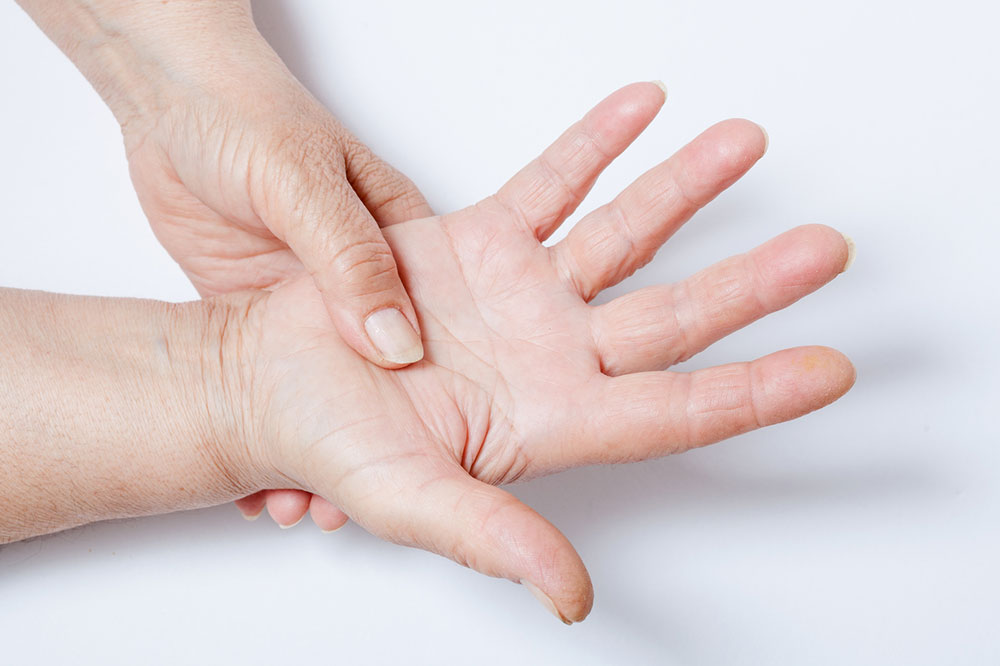Understanding Joint Discomfort: Types, Causes, and Management Strategies
Explore the various types and causes of joint pain, including osteoarthritis and rheumatoid arthritis. Learn about effective treatments, lifestyle tips, and natural remedies to manage joint discomfort and maintain mobility. Early diagnosis and proper care are essential for optimal joint health and quality of life.

Understanding Joint Discomfort: Types, Causes, and Management Strategies
Joint discomfort, commonly referred to as arthritis, impacts one or multiple joints within the body. With nearly 200 variants identified, the most prevalent forms include:
Inflammatory joint conditions
Degenerative or mechanical joint issues
Soft tissue and musculoskeletal pain
Back joint problems
Connective tissue disorders
Infection-related arthritis
Metabolic joint diseases
While symptoms often develop gradually, sudden onset is possible. Arthritis is more frequent among those over 65, though children and young adults can also be affected.
Women tend to experience joint issues more than men, especially if they are overweight or obese.
Causes of Joint Discomfort
There isn't a single cause for all types of joint pain, as origins vary according to the specific condition. Common causes include:
Injury leading to cartilage degeneration
Metabolic abnormalities causing gout or pseudogout
Genetic factors contributing to osteoarthritis
Infections affecting the joints
Immune system malfunctions
Many forms of arthritis result from cartilage loss. Cartilage, the flexible tissue in joints, functions to absorb shocks during movement. Its natural deterioration, possibly worsened by injury or infection, leads to joint pain, especially with family history increasing risk. Rheumatoid arthritis, an autoimmune disorder, involves immune attack on joint tissues, destroying cartilage and bone over time, resulting in pain.
Approaches to Treatment
Managing joint discomfort involves medications and lifestyle changes aimed at alleviating pain, preventing damage, and improving overall function. Treatment options include:
Medications
Non-drug therapies
Physical and occupational therapy
Assistive devices like splints
Patient education
Weight management
Surgical procedures such as joint replacement
Medication Options
Non-inflammatory joint conditions like osteoarthritis are often managed with pain relievers and exercise. Inflammatory cases may require specific drugs. Common medications include:
Analgesics to reduce pain without affecting inflammation
Counterirritant creams with capsaicin or menthol
Biologics that target immune proteins to reduce joint pain
Corticosteroids to decrease inflammation and immune activity
Natural and Lifestyle Remedies
Healthy Nutrition
A balanced diet rich in nutrients can help manage joint health. Incorporate foods like fish, nuts, fruits, vegetables, beans, olive oil, and whole grains. Avoid smoking and alcohol for better results.
Self-Care Strategies
Effective management includes organizing symptoms and medications, managing fatigue, regular exercise, adequate rest, healthy eating, and improving sleep quality. Avoid processed foods, caffeine, and heavy evening activities to reduce soreness and fatigue.
Prompt consultation with healthcare providers is essential for accurate diagnosis and tailored treatment, ensuring better management of joint discomfort.
Note:
Our blog provides comprehensive insights across varied health topics. Use this information for general understanding but consult medical professionals for diagnosis and treatment. We do not guarantee completeness or accuracy and are not responsible for differences found elsewhere. Stay informed and proactive about your joint health.










